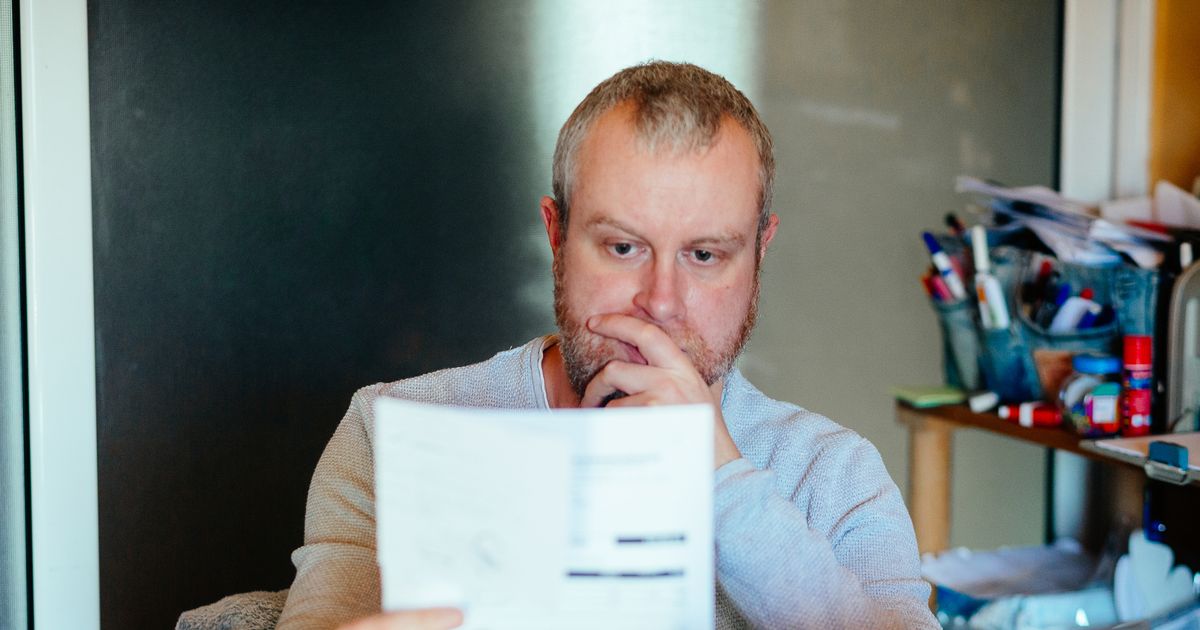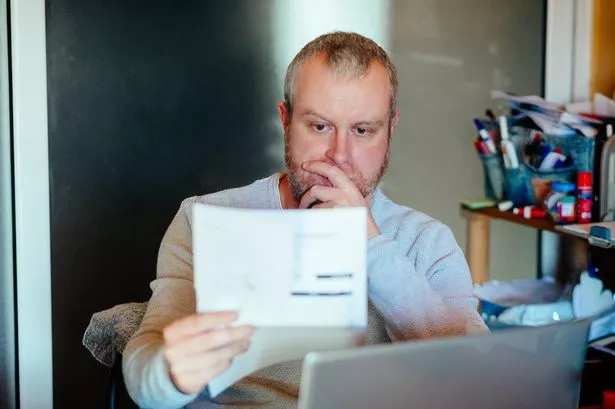The Department for Work and Pensions (DWP) pays some form of benefit to approximately 24 million individuals in the UK for a variety of reasons, including low income, unemployment, limiting health conditions or disabilities and retirement.
Despite these payments providing assistance, many continue to struggle with the cost of living as inflation persists. Research from the Joseph Rowntree Foundation published in The Independent discovered that 21% of people in the UK were living in poverty in 2022/23.
Therefore, it’s crucial to be aware of what financial support you could be eligible for. It is estimated that around £23bn worth of benefits go unclaimed each year, Lancs Live reports.
To calculate what you could receive, you can use a straightforward online calculator provided by Policy in Practice here.
Benefit payments will be distributed as usual in July as there are no bank holidays – this means whichever day of the month you normally receive your payments will be when you are paid next month.
The exact payment date varies from person to person and can vary in some months, especially if your payment date falls on a weekend or bank holiday, in which case it will be paid on the preceding working day.
Affected benefits include:
Universal CreditState pensionPension creditChild benefitDisability living allowancePersonal independence payment (PIP)Attendance allowanceCarer’s allowanceEmployment support allowanceIncome supportJobseeker’s allowance
For more information on how and when state benefits are paid, visit gov.uk.
Join the Manchester Evening News WhatsApp group HERE
Pension payments
The Basic State Pension is typically deposited directly into your bank account every four weeks. The exact day you receive it corresponds to the last two digits of your National Insurance (NI) number.
Here’s when you should expect payment based on those numbers:
00 to 19: Monday20 to 39: Tuesday40 to 59: Wednesday60 to 79: Thursday80 to 99: FridayBenefit rates
In April this year, all benefits saw a rise of 1.7%, in line with the September 2024 inflation figure. This increase applied to all working-age benefits, including universal credit, PIP, DLA, attendance allowance, carer’s allowance, ESA and more.
At the same time, in line with the triple lock, the state pension has seen an uplift of 4.1% – an annual increase of £472 – matching wage growth in 2024.

 There are no bank holidays in July(Image: inyourArea)
There are no bank holidays in July(Image: inyourArea)